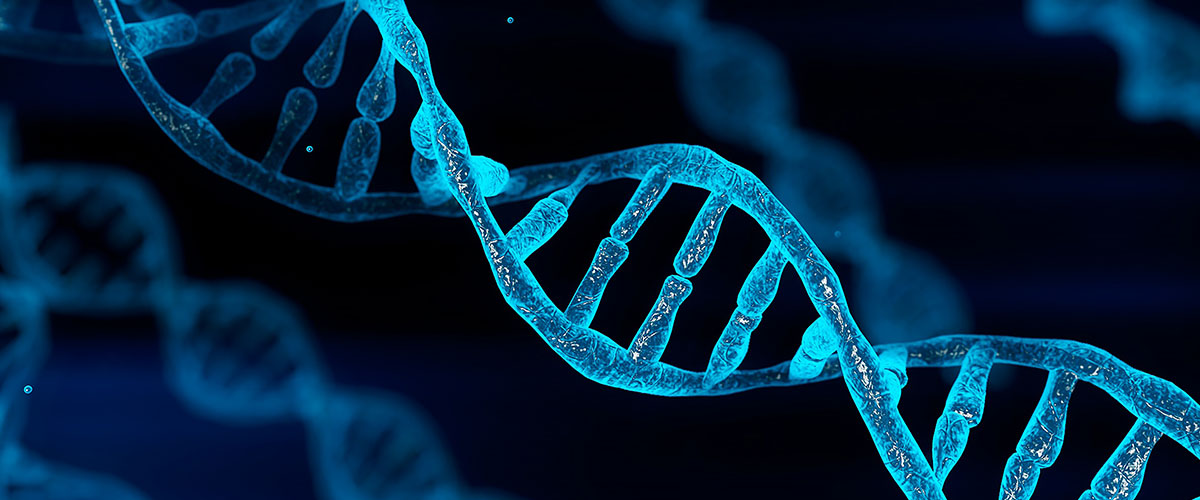)
Integrating genomic and medical imaging data for precision oncology
Researcher: Caryn Geady
Institution: University Health Network – Princess Margaret Cancer Centre
Mentors: Dr. Benjamin Haibe-Kains
Consortium: PM2C
Program: MOHCCN Health Informatics & Data Science Awards
Summary
In this project, we propose to develop a web application called ALPHA-Radiogenomics to study connections between medical data types and their relationship to how cancer patients respond to different treatments. This tool will help researchers to present more consistent and comparable results by providing a standard set of steps to perform their analysis.
During their diagnosis and treatment, cancer patients undergo a diverse set of tests and procedures that generate a plethora of data. Of these data types, medical imaging and gene sequencing have been studied widely and have revealed associations to disease severity, survival times, and response to treatment. The combined study of imaging and genetics, known as radiogenomics, has been applied in analysis of brain, lung, liver, breast, kidney, prostate, and ovarian cancers. Each study focuses on a single cancer type.
Radiotherapy is a type of cancer treatment that is used to treat prostate cancer patients. However, not all patients respond well, and the cancer returns quickly. Radiogenomics could help in deciding which patients should receive a certain treatment: if an association can be made between a patient’s genetic mutation or imaging feature and their treatment response, other patients with the same mutation or feature could be likely to have a similar response. This would also help physicians to sort patients into low risk and high risk groups.
There are few radiogenomics platforms currently available and they are not easy to use for those without a statistical background. The application we propose will be flexible enough to handle different project requirements, from data type to disease site; scalable to allow for future data type additions, with clinical, imaging, and genetic data to be included in the first release; and automated to be approachable and interpretable for researchers with different training. We plan to use our application to study imaging and genetic features for the prediction of radiotherapy treatment response in prostate cancer patients. These associations will then be used to develop a radiogenomic association map that will be available to other research groups via our application. The hope is that the map will become a starting point for future research of radiogenomic associations and allow for comparison of relationships across cancer types.
Quotes
“I am thrilled and deeply grateful to receive the Health Informatics and Data Science Award from MOHCCN! This award serves as a testament to the unwavering support of my mentors, colleagues, and loved ones and is a humbling recognition of our hard work, dedication, and passion. I am excited to continue pushing boundaries, making meaningful contributions, and (hopefully) inspiring others in my field. Thank you for this incredible opportunity to shine.” – Caryn Geady, HI&DS Award recipient
